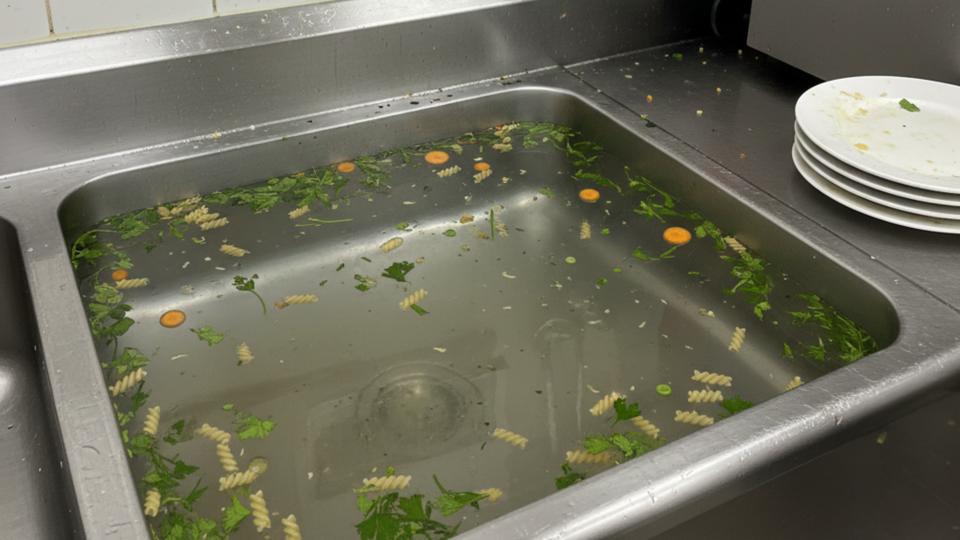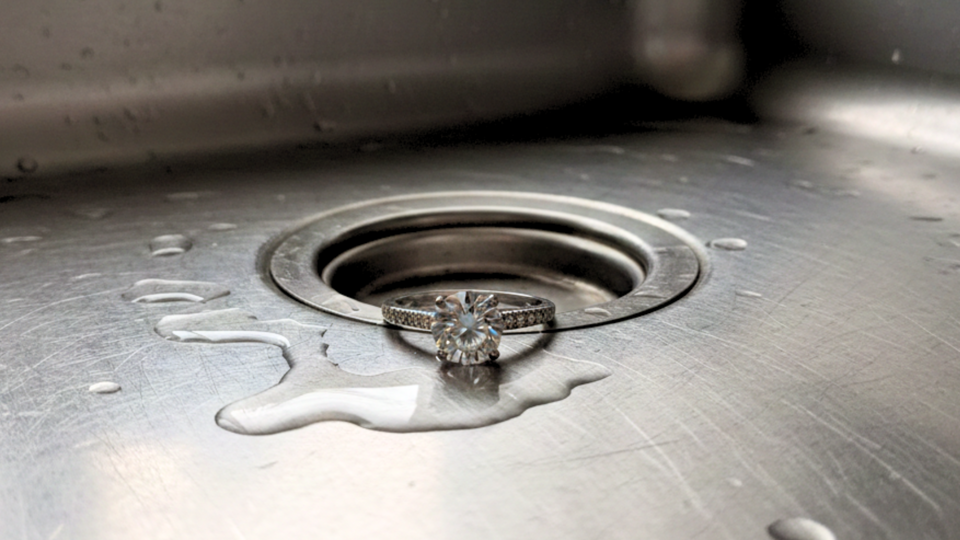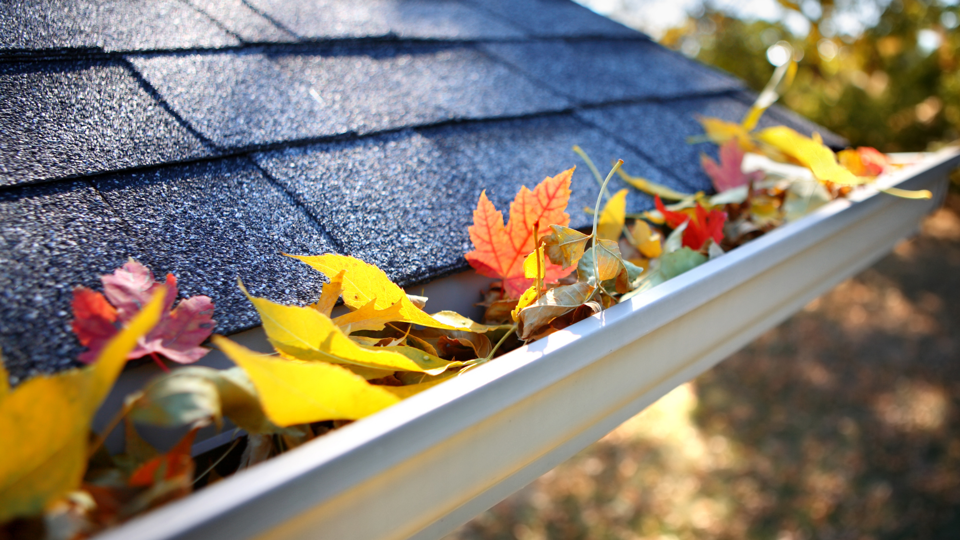Summer is Hard on Drains—Even If You Don’t Notice
You’re mid-way through summer. The grill’s been working overtime, the AC is humming, and your home, business, or property is likely getting more use than usual. But behind the scenes, your drains could be quietly struggling.
At Zoom Drain, we often see a rise in drain issues during warmer months. Hot weather, combined with increased activity, can create the perfect storm for clogs, slow drainage, and sewer odors—especially when proactive maintenance has been overlooked.
Here are three common heat-related problems and how to stay ahead of them before they become a disruption.
1. Unused Drains Dry Out, Letting Odors In
Imagine a guest bathroom that hasn’t been touched in weeks or a vacant unit that’s been sitting empty since spring. One day, someone notices a sour, musty odor creeping in. What’s happening?
This is usually a dry trap. Every drain includes a U-shaped pipe that holds water, creating a seal that blocks sewer gases from entering your space. In hot, dry weather, that water can evaporate. Without that seal, odors—and sometimes insects—can enter freely.
Dry traps are especially common in:
- Basement floor drains
- Utility sinks
- Laundry rooms
- Unoccupied apartments or offices
These dry drains also attract dust, cobwebs, and even nesting insects, which increase the chance of clogs when the drain is eventually used again.
What to do:
Flush water down idle drains at least once a week. If you know a fixture will go unused for longer, consider pouring a small amount of mineral oil into the trap to slow evaporation. This is a widely used method among property managers and building engineers to prevent odors and maintain water seals.
You can also schedule routine basement drain cleaning or inspections to ensure everything is in working order, especially before summer heat kicks in.
2. Grease Hardens Faster and Clogs Sooner
After a cookout or a busy weekend in the kitchen, it’s easy to rinse pans and plates without thinking. But during the summer, that simple act can be a fast track to a blocked pipe.
Warm temperatures cause grease, oils, and fats to harden more quickly inside your plumbing. Once they start to cool and cling to the pipe walls, they form a sticky layer that traps food particles and other debris. What begins as a thin residue can quickly turn into a serious clog.
This issue is common in homes and even more so in commercial kitchens, where daily prep generates large volumes of FOG (fats, oils, grease).
What to do:
Avoid pouring grease down any drain. At home, collect it in a jar or can, let it solidify, and throw it out. In a commercial setting, use clear signage and a grease management plan to minimize risk. If you’re noticing repeated issues, it may be time for grease trap cleaning or scheduled hydro jetting to clear buildup before it becomes a shutdown.
3. More Use, More Risk
Summer tends to bring heavier usage: kids at home, guests visiting, tenants using shared facilities, or restaurant patios in full swing. With more traffic comes more strain on your drains—and if there’s already buildup in the system, it won’t take much to cause a clog or backup.
Even a slightly narrowed pipe can get overwhelmed when the volume spikes. The first signs are subtle: slow drainage, gurgling sounds, or minor backups. But if left unchecked, they can quickly lead to costly repairs or health hazards.
What to do:
Before the season hits peak volume, schedule a drain and sewer inspection using a video camera. These inspections let us catch root intrusion, grease buildup, or structural issues before they escalate. A professional drain cleaning helps clear out the debris and ensures your system is ready for the months ahead.
Keep Your Summer Flowing with Zoom Drain
Whether you manage a multi-unit property or are simply trying to keep your home running smoothly, summer is not the time for a preventable drain emergency. Most warm-weather clogs are avoidable with a few small habits and seasonal checkups.
At Zoom Drain, we work exclusively with drains and sewer systems. That means:
- Faster diagnosis
- Specialized equipment on every truck
- Transparent, flat-rate pricing
If your system is already showing signs of stress, or you want to get ahead of issues, we’re here to help with everything from trenchless sewer repair to emergency drain cleaning.
Don’t let a drain problem ruin your summer. Contact us today to schedule your seasonal service.
FAQ: Summer Drain Problems
Why do drains clog more often in the summer?
Hot weather causes grease to solidify faster, traps to dry out, and systems to get overloaded with more daily use. These conditions combine to create clogs and odors—especially in drains that haven’t been properly maintained.
My house smells like sewage when it’s hot outside. What’s the cause?
That’s often due to a dry trap, especially in infrequently used drains. When water evaporates from the trap, sewer gases can escape into your space. You can learn more about this issue in our recent blog on why drains smell worse in summer.
Should I schedule seasonal maintenance for my drains?
Absolutely. Seasonal drain cleaning, inspections, and even sump pump service can help catch problems early and ensure your system is ready for summer use.





